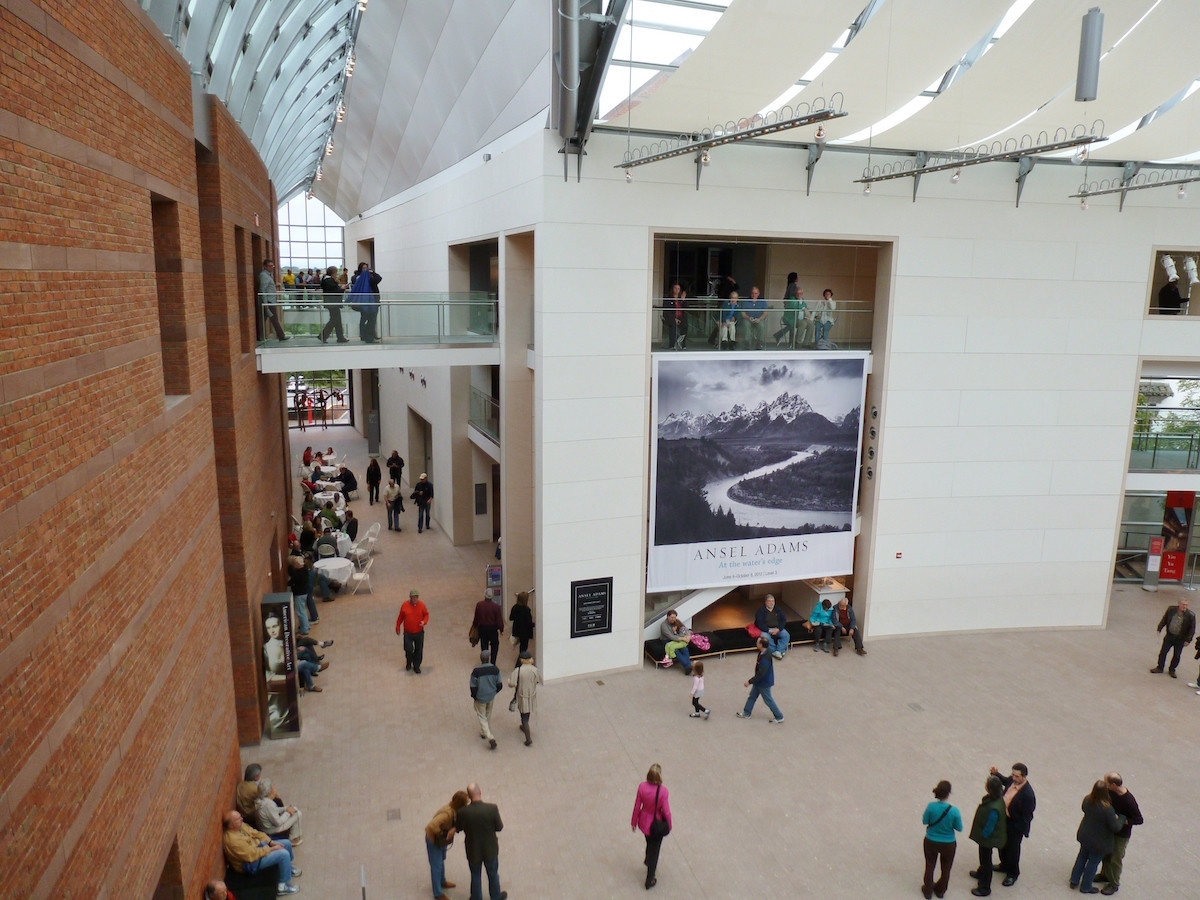Peabody Essex Museum Launches Unique Neuroscience Project

PEM photo by Lorianne DiSabato on Flickr/Creative Commons
Massachusetts’ latest neuroscience grant recipient isn’t Massachusetts General Hospital or Harvard Medical School.
The Barr Foundation, a Boston-based organization that supports the arts, education, and the environment, awarded Salem’s Peabody Essex Museum (PEM) $130,000 to study how neuroscience intertwines with the museum-going experience. The unique year-long project will help the PEM elevate its design and interpretive tools using cutting-edge research in fields such as perception, attention, and information processing.
“Applying neuroscience research to museum experience design is an entirely new and tremendously exciting strategy, one that has already produced positive outcomes and new kinds of guidance for the presentation and interpretation of art and museum education,” PEM CEO Dan Monroe says in a statement.
With the money, the PEM will become the first museum to employ a full-time neuroscientist. It will also work with three other consulting scientists, who will analyze and synthesize findings relevant to the art world, and help translate them into industry-wide recommendations.
The PEM is known for pushing boundaries with its exhibits, from last summer’s Rodin dancers to Yin Yu Tang, a full-scale re-erection of a Chinese merchant’s house. It’s also a presence in the health world, recently partnering with the Mass General Cancer Center.
Thanks to the Barr Foundation’s funding, the museum can now expand its horizons even further.

